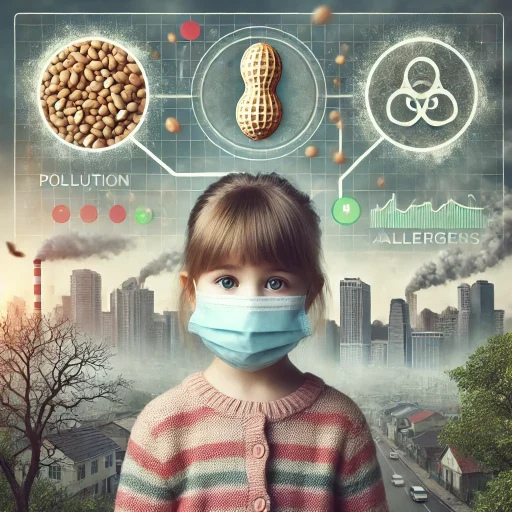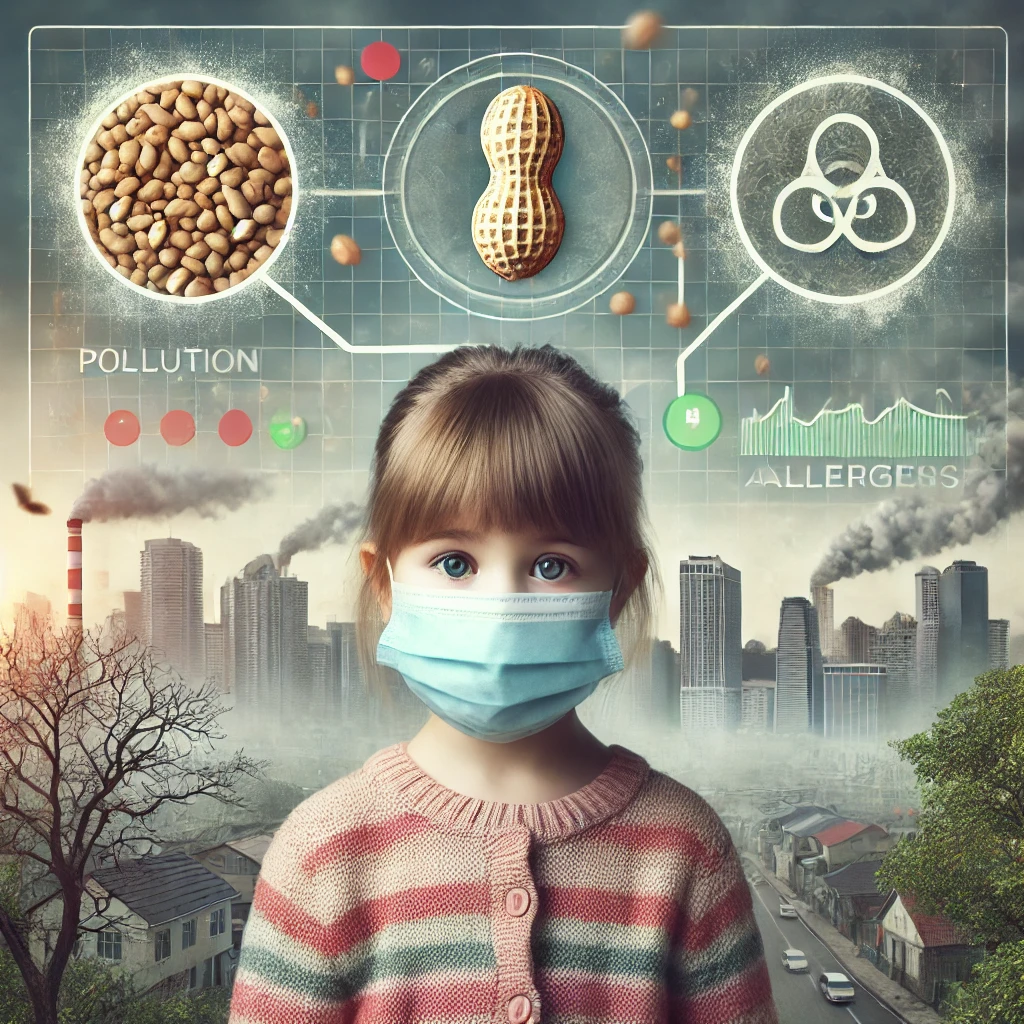Air Quality and Allergy Concerns
Recent findings suggest that children exposed to air pollution early in life may have an increased risk of developing peanut allergies. This Australian study sheds light on how pollution might be impacting children’s health in unexpected ways.
Tracking Health and Pollution
Researchers in Melbourne monitored nearly 5,300 children from infancy to age 10, focusing on how exposure to pollutants, specifically fine particulate matter (PM2.5) and nitrogen dioxide (NO2), correlated with peanut allergies. The study found a noticeable link: children in areas with higher pollution levels were more likely to develop peanut allergies, though no similar link was found for egg allergies or eczema.
Why Cleaner Air Matters for Kids
Understanding environmental factors like pollution that contribute to food allergies is vital, especially as urban populations and pollution levels continue to grow. This research highlights the need for improved air quality to potentially reduce allergy risks in children.
How Pollution Influences Health
This study adds to a growing body of evidence suggesting that air pollutants may impact immune responses, possibly triggering food allergies. While more research is needed to confirm the exact mechanisms, these findings emphasize the importance of addressing air pollution to protect children’s health and reduce the likelihood of developing certain allergies.
Source: UPI Health News





